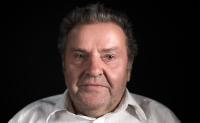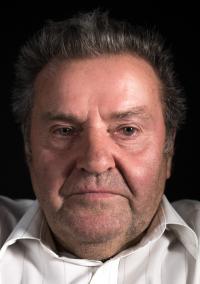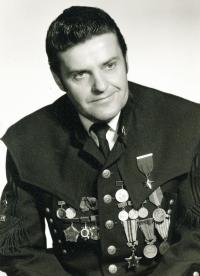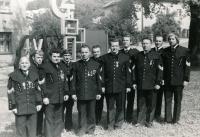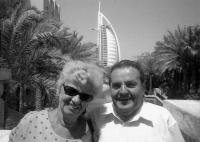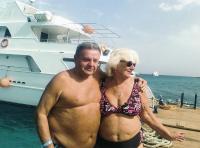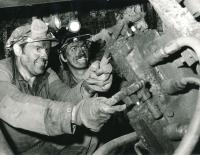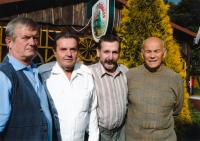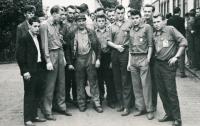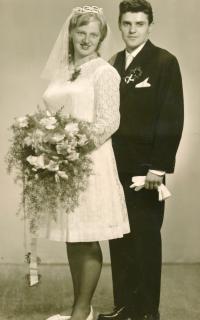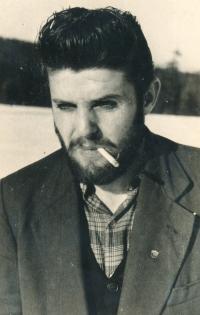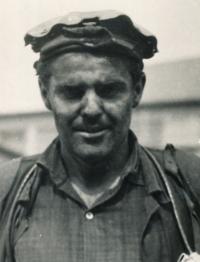I am certain that people lived well under communism
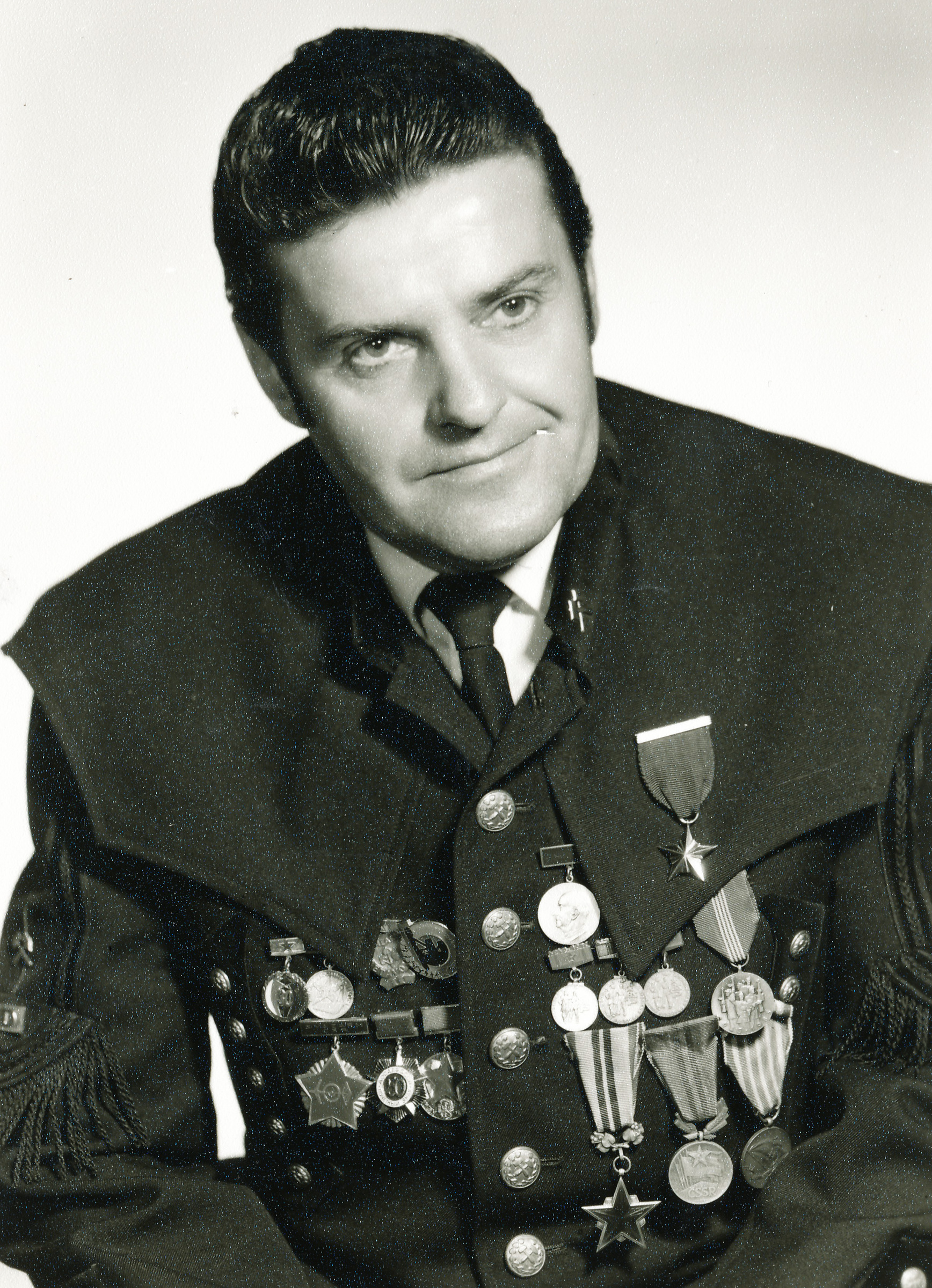
Stáhnout obrázek
Jaroslav Ondráček was born on 1 April 1941 in Pardubice. His parents got divorced when he was four. He grew up in the village of Skutíčko with his mother and her father Josef Novotný who was a Communist Party MP before WW II. In 1955 he began a training to become a miner in Malé Svatoňovice. After its completion he took up a job at the Jan Šverma mine in Žacléř. He served in various positions and witnessed the era of hard work with little mining technology. In 1959 he joined the Communist Party of Czechoslovakia. There, he held various functions and eventually even became a member of the Central Committee. He still held this office in November 1989 when the Velvet Revolution took place, which he strongly opposed. To this day he remains convinced that communist ideology is the right one and that life was better prior to 1989. His whole life was interwoven with mining and he kept his mining job even at the time when he became a high-ranking communist official. Up until 1990 he worked at the Jan Šverma mine, eventually receiving a disability pension due to ruined health.
